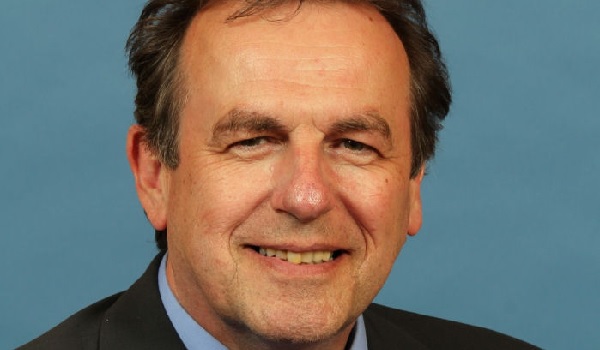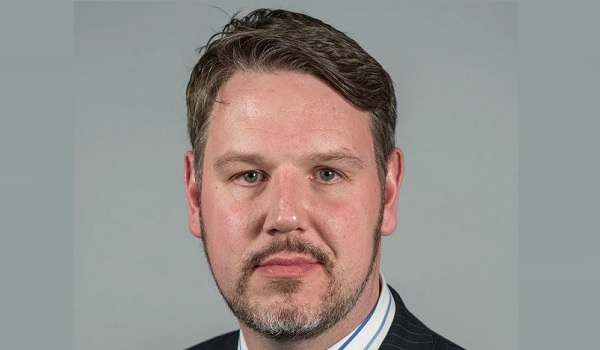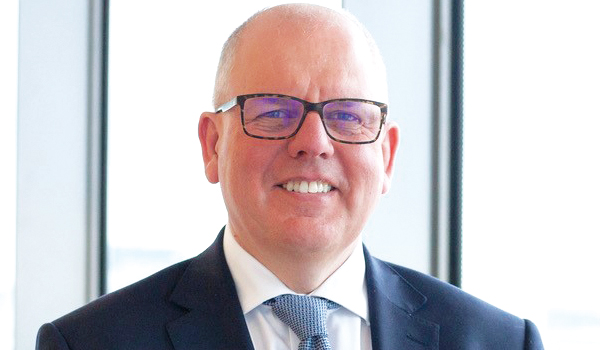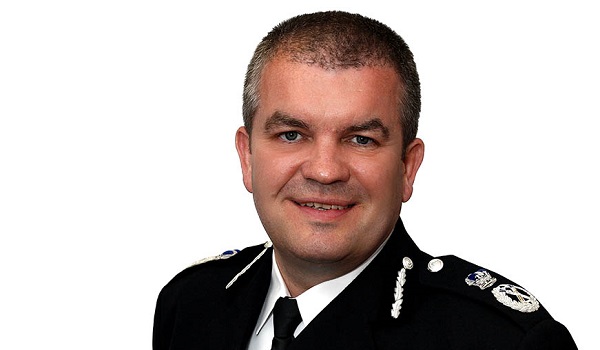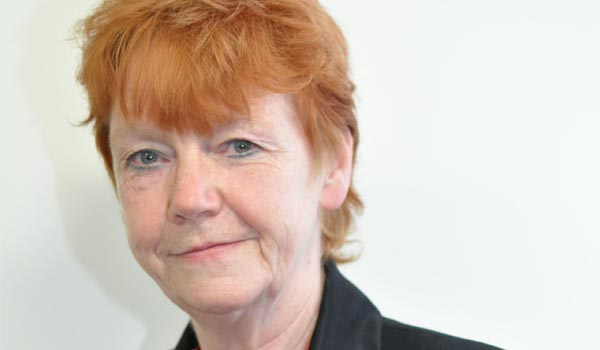Public to be consulted on Cleveland policing strategy
Residents in Cleveland will help shape neighbourhood policing as part of a public consultation designed to turn around the fortunes of the struggling force.
Cleveland Police was the first force in England and Wales to be rated ‘inadequate’ across all areas following an inspection by HM Inspectorate of Constabulary, Fire and Rescue Services (HMICFRS). The HMICFRS report published earlier this month also found Cleveland Police was “operating without a clear plan or direction”.
Cleveland police and crime commissioner Barry Coppinger outlined plans for the public consultation during a meeting of the Safer Hartlepool Partnership last week as part of his plans for 2019/20.
“The chief constable is currently reviewing the structures within the force and there is a commitment, which I am very supportive of, to put more effort and more resources into neighbourhood policing,” he said.
“There’s going to be a consultation process with regards to what do you want neighbourhood policing to look like. There’s a plan to recruit 100 officers during this year, and there’s been a recent announcement we’re now going to get an extra 70 odd officers.
“We’ll grab that with both hands because we’re 500 police officers down and 50 police community support officers (PCSOs) down as a result of the cuts we’ve had since 2010. We will then look to deploy; I would hope as many of those as possible can be deployed into frontline and neighbourhood policing. I would certainly be supportive of that.”
Cleveland Police Chief Inspector Nigel Burnell said PCSOs have already started getting to work in neighbourhoods in Hartlepool as part of the Community Safety Team, but the increased resources would help them “continue the momentum”.
Hartlepool Borough Council leader Councillor Shane Moore stressed the importance of neighbourhood policing in providing community intelligence.
“I think for me it was sad when we moved away from the neighbourhood policing model because you inevitably lose the community intelligence, which is key,” he said. “As soon as you lose that it takes an awful lot of time to build that trust and that relationship back up.
“The quicker we can get PCSOs or police officers back out on the streets engaging with those neighbourhoods the quicker they’ll be able to build up those relationships.”


